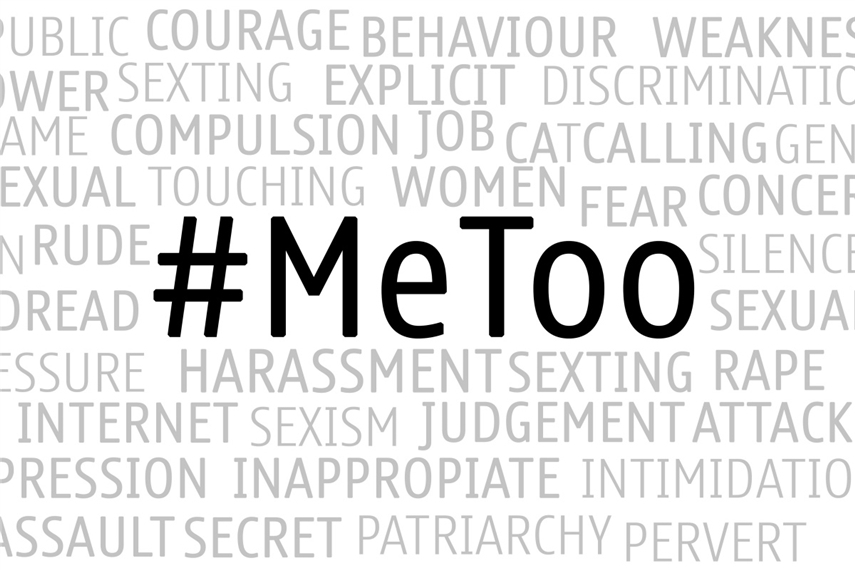
Please sign in or register
Existing users sign in here
Having trouble signing in?
Contact Customer Support at
[email protected]
or call+91 022 69047500
Our research with Kantar corroborates the recent #MeToo reports, as Havas Media's Anita Nayyar says, "We’ve known the industry to have put a lot of women to this ordeal over the years".

Contact Customer Support at
[email protected]
or call+91 022 69047500
Top news, insights and analysis every weekday
Sign up for Campaign Bulletins
From AI films to menthol caps, brands are tapping into Rath Yatra’s massive footfall to mix tradition with tech-fuelled storytelling.
As Gen Z rewires the attention economy, brands are trading static ads for AR, creators and bite-sized storytelling to stay in the frame.
With 12 million screens and Magnite in tow, CloudTV enters the ad arena, eyeing India’s shifting viewer habits and digital ad pie.
Ads on X will be processed by AI.